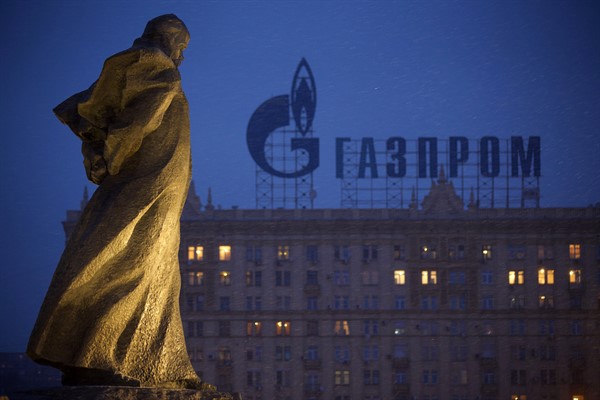Four years ago, at a Track II dialogue between German and American diplomats and analysts, a German colleague of mine explained his firm belief that his country—and, by extension, Europe as a whole—could use geoeconomic tools to regulate and blunt Russia’s geopolitical ambitions.
Europe’s need for natural gas, he said, was balanced by Russia’s need to sell. A European strategy of energy diversification would therefore give the West leverage over Moscow, which would not want to risk its access to European markets by making bold political plays.
The plan was for European governments to encourage gas utilities to shift from large-volume, multiyear contracts with Russia’s Gazprom to “just in time” agreements, in which they would buy energy for short-term use at competitive prices on the spot market. At the same time, Europe would invest in new interconnectors and pipelines across the continent, ensuring that no region would be dependent on a sole port of entry for energy. Russia, then, would be incentivized to continue using Ukraine as a “reliable entry point” to European markets, thereby retaining its position as a “reliable supplier” of energy on the continent.

